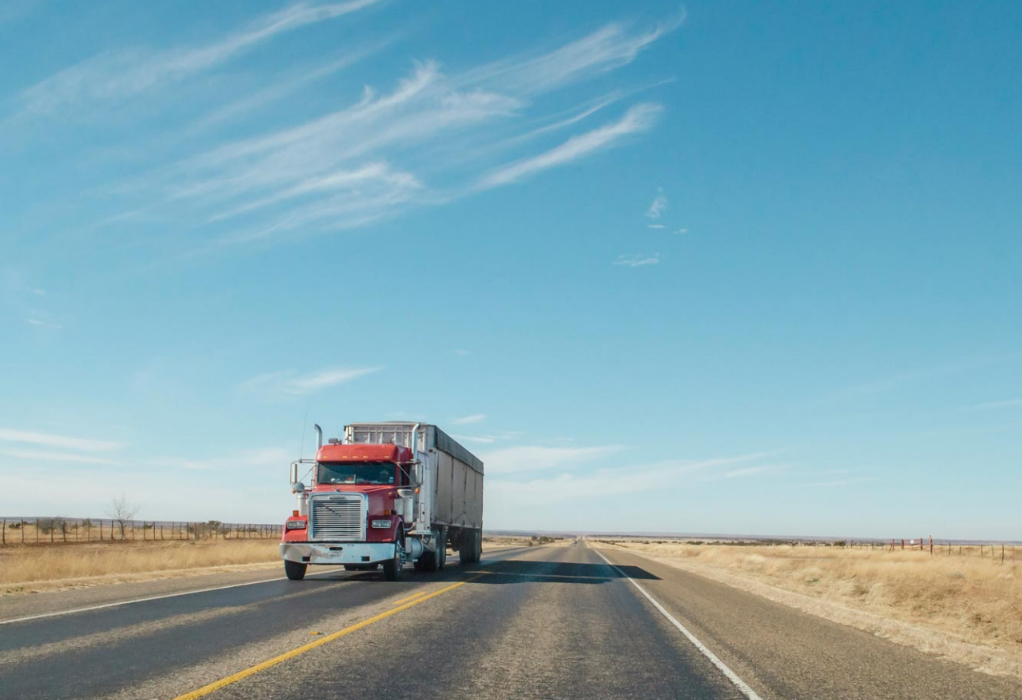Despite growing admiration of electric vehicles, diesel is still a force to be reckoned with in heavy-duty vehicles, says Allen Schaeffer, executive director at the Diesel Technology Forum, at the 2021 National Biodiesel Conference & Expo held virtually early this year. Diesel engines offer unmatched power density, extended driving ranges, an array of vehicle types and configurations, and advances in environmental performance — with future commitments to near-zero emissions. Three-quarters of all commercial vehicles in the United States are diesel-powered and 97% of over-the-road class 8 big rig trucks. Biodiesel blends can be used in any diesel vehicle — legacy and new — without modification and can reduce emissions by 80% compared with petroleum diesel, says Jennifer Weaver, OEM market development manager at the National Biodiesel Board (NBB), a U.S. trade association representing biodiesel producers. Most OEMs support B20 biodiesel blends, with many already evaluating higher blends of B40 and above, she says. With immediate access to a nationwide global refuelling infrastructure, there is no need for costly new vehicle or infrastructure investments.
According to the International Energy Agency (IEA), global biodiesel and hydrotreated vegetable oil (HVO) production reached 48 billion litres globally in 2019. Production is expected to contract by around 5% to 46 billion litres in 2020, with most of the reduction in European markets, because of lower demand due to the global Covid-19 pandemic. European production is expected to bounce back in 2021, which, combined with ongoing growth in the Association of Southeast Asian Nations (ASEAN) and the United States, causes global output to reach 53 billion litres in 2021 and 56 billion litres by 2022. Over 2023-25, average output is anticipated to be 63 billion litres, 30 per cent higher than the 2019 level. Expanding HVO production in Singapore and the United States accounts for more than half of this increase. There is no doubt that the earth’s temperature is warming. The year 2020 was one of the three warmest years on record. The average global temperature reached 14.9 degrees Celsius, just over one degree Celsius above pre-industrial levels. While a one-degree temperature rise might seem inconsequential, small fluctuations in temperature can inflict large changes to the environment. The warmest six years on record have all occurred since 2015, according to the World Meteorological Organisation. This provides a stark reminder of the reality of climate change. The Intergovernmental Panel on Climate Change (IPCC), which includes more than 1,300 scientists from throughout the globe, forecasts a catastrophic temperature rise of 2.5 to 10 degrees Fahrenheit over the next century.
Biodiesel and hvo production overview – key global markets
We should value emissions reductions no matter how they come, says Schaeffer. The Diesel Technology Forum representative said that biodiesel and renewable diesel carbon dioxide reductions in California exceeded those from electrified cars, trucks, and buses by almost four to one in 2019. It takes a diesel engine to realise these benefits, he says. The future of the diesel engine and the growth of low carbon fuels such as biodiesel are threatened by a politically driven climate, says Schaeffer. Mandates on electric vehicles, government, and OEM incentives are shifting investment to non-diesel alternatives, he says.
Diesel technology to dominate heavy-duty transport until 2040
NBB released its industry vision in 2020. It intends biodiesel, renewable diesel, and renewable jet fuel to be recognised as a mainstream low-carbon fuel option in off-road, on-road, air transportation, electricity generation, and home heating applications. The organisation projects use will exceed six billion gallons by 2030, which equates to an annual CO2 emissions reduction of 35 million metric tons. Long term, the organisation anticipates volumes will reach 15 billion gallons (56 billion litres) in 2050 alongside advancements in feedstock.




Recent Posts
Höegh Autoliners’ Fifth Aurora-Class PCTC Enters Service with Multi-Fuel Capability
Next-Gen Marine Propulsion: MAN Launches Methanol Super Engine
Port of Amsterdam Marks First Ship-to-Ship Methanol Bunkering
Altair and HD Hyundai Heavy Industries Partner to Propel AI-Driven Eco-Friendly Marine Engine Innovation
Newfoundland and Port of Amsterdam Forge Green Hydrogen Partnership
India charts green shipping path: MEPC 83 outcomes discussed at IMEI-DG tech seminar
IME(I) Mumbai pioneers holistic development for future mariners with emotional resilience workshop
Adani launches India’s first hydrogen-powered truck